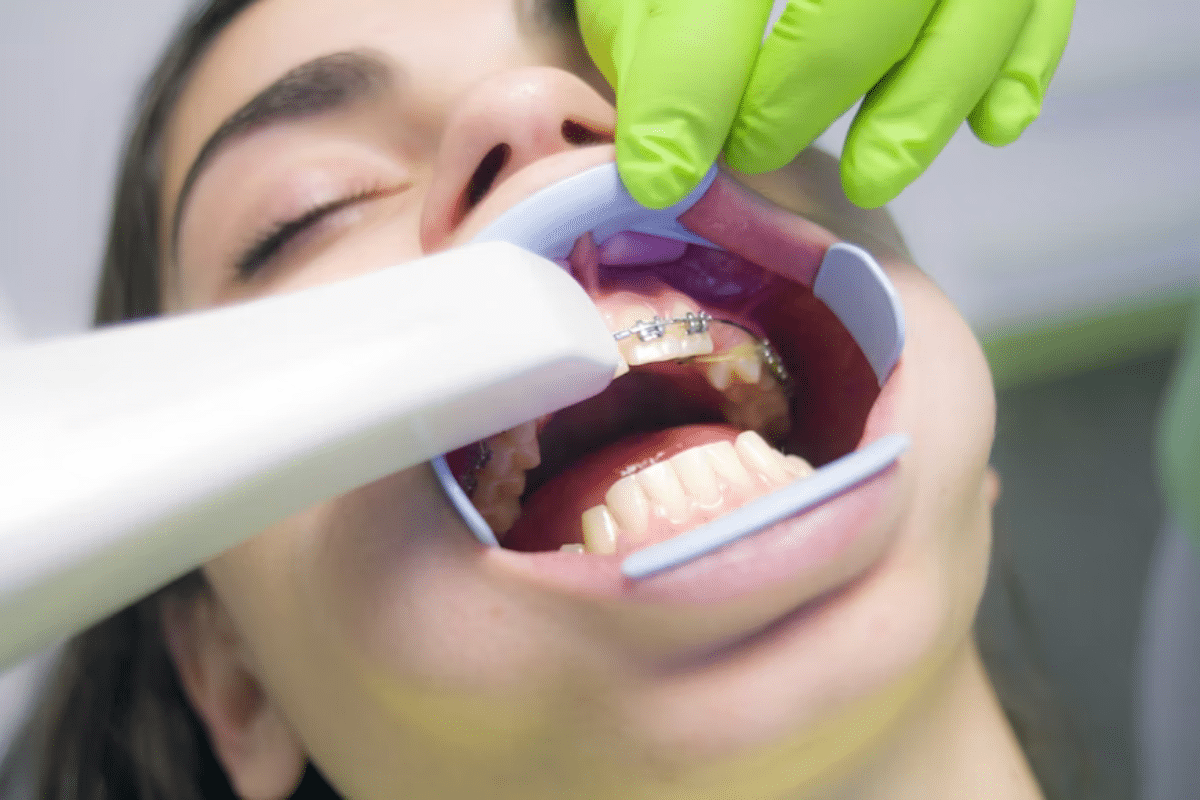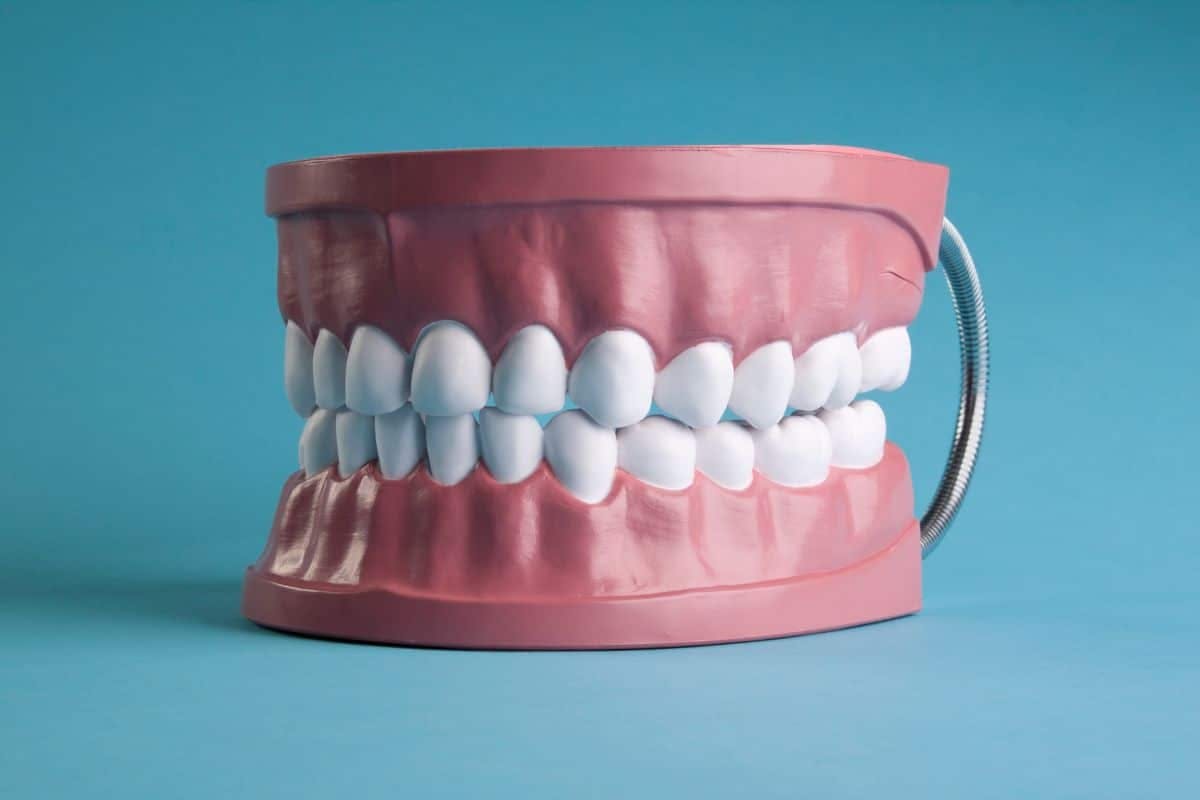Compare Dental Insurance
You could save hundreds of dollars each year when you compare prices for dental insurance.

What is dental insurance?
When you have a bad tooth, do you opt for the best treatment or the one that costs the least? Does your teenager need orthodontics? The care that will restore their bright smile will cost you thousands of dollars. Everyone has to go to the dentist from time to time, and these fees can be difficult to afford. Insurance can help reduce these costs. For a few dollars, a month, you can significantly reduce your bill. In Canada, dental cleanings, examinations, X-rays, braces, bridges, dentures and crowns are usually not covered by provincial health programs, with a few exceptions. They are therefore almost totally private and rather expensive. A simple dental cleaning followed by an examination by a dentist easily costs over $200. Private dental insurance, individual or family, is used to cover a good portion of the dental costs for you or your family, so you do not have to dip into your savings at the wrong time. It can cover health problems related to teeth and gums, as well as prevention and cleaning. Reimbursements range from 50% to 100% of costs, depending on the coverage chosen.
If you need certain medically necessary procedures, such as oral surgery, the costs are covered by most provincial health plans. You need to check with your province if the procedure requires it be performed in a hospital. With the exception of certain services in British Columbia, orthodontics are not covered by provincial plans. Dental insurance may be included in a more comprehensive health plan offered by your employer. However, check to see if your coverage is sufficient for you and your family. Plus, if you’re nearing retirement, it may be time to shop around for your own insurance. When buying private insurance, you’ll find that insurers rarely offer dental coverage alone. You will see several proposals for plans that include drug, dental and vision coverage. It’s up to you to see if this type of policy meets your needs. Dental insurance itself is also divided into several plans, including a basic, extended or comprehensive plan. So, you have the opportunity to sign a contract that really suits you.
Oral health and dentist visits are essential to the overall health of your family. An unhealthy mouth can affect your general well being. Your dentist can remove plaque and tartar and detect problems as early as possible before they get worse. Do not deprive yourself of good health by avoiding dental appointments simply because fees are not covered. Cavities and gingivitis can become very bothersome and worsen to lead to repeated infections if you don’t see a dentist. Instead, get a dental insurance that fits your needs.
Hints and tips on how to save money on your next dental insurance policy in Canada
Buy your dental insurance as soon as possible
As with most insurance policies, the price of a dental policy increases depending on various factors, including age. In addition, most insurers require a certain amount of time before a claim can be made. Don’t wait until you need a dental crown to purchase dental insurance! If you see your parents suffering with gum problems, don’t delay applying for dental insurance. Same thing if your oldest child needed orthodontics, because chances are his or her siblings will need this type of care too.
Choose semi-annual or annual payments
Your insurer will probably offer you a choice of monthly, semi-annual or annual premium payments. If they don’t offer it outright, ask them. By choosing a quarterly payment frequency, you can save about 2% off the total premium. If you prefer an annual payment frequency, this savings can increase to 4% of the premium. Since you will probably be renewing your dental insurance for several years, these savings will become significant over time.
Get a tax credit
You read that right! You can get a reimbursed for a part of your dental insurance premium by the Canada Revenue Agency in the form of a tax credit. When you file your income tax, dental procedures and insurance premiums are considered medical expenses!
Only take out dental care insurance
Many insurers only offer dental insurance when its bundled with other health coverage, like prescription drug coverage or eye health. If your needs are met and your current insurance coverage is enough, you can save money by purchasing standalone dental insurance. This way you don’t have to buy comprehensive health insurance that you don’t need. Our insurance comparison tool shows you if the policy you are interested in offers a separate dental package.

Learn more about dental insurance

Insurance

Group Insurance: More Than Just Financial Benefits!
In collaboration with Assure Direct The world of insurance can sometimes be difficult to grasp. There are many products available and the vocabulary is complex. As a customer, do you ever wonder if you’re paying the right price for the protection you have? Before taking out an individual insurance policy, it is essential to consider […]

Insurance

How much are braces in Canada?
Braces can be a life-changing investment for those seeking to improve their oral health and gain confidence in their smile. While the benefits of having braces are undeniable, the cost of the treatment can be a significant financial burden for many Canadians. In this comprehensive guide, we will explore the factors that affect the price […]

Insurance

The Ultimate Guide to Dental Insurance in Canada
Dentists are notoriously expensive. Many people put off going to the dentist as long as possible, but it can become painful to ignore serious dental issues. If you don’t have dental insurance, dental procedures could cost you thousands. With the cost of living rising across the country, it is a good idea to compare your […]
Frequently asked questions about dental insurance
Are dental implants covered by dental insurance in Canada?
Dental implants are covered by some insurance companies depending on the plan you choose. Know that they are rarely included in a basic plan. You’ll probably need to choose a comprehensive coverage if you think you’ll need implants in the next few years. Also, pay attention to the annual limit of care that is covered by your insurer. Some have a limit of $500 per year and you won’t be able to claim more than that, even if your implant costs you a few thousand dollars.
